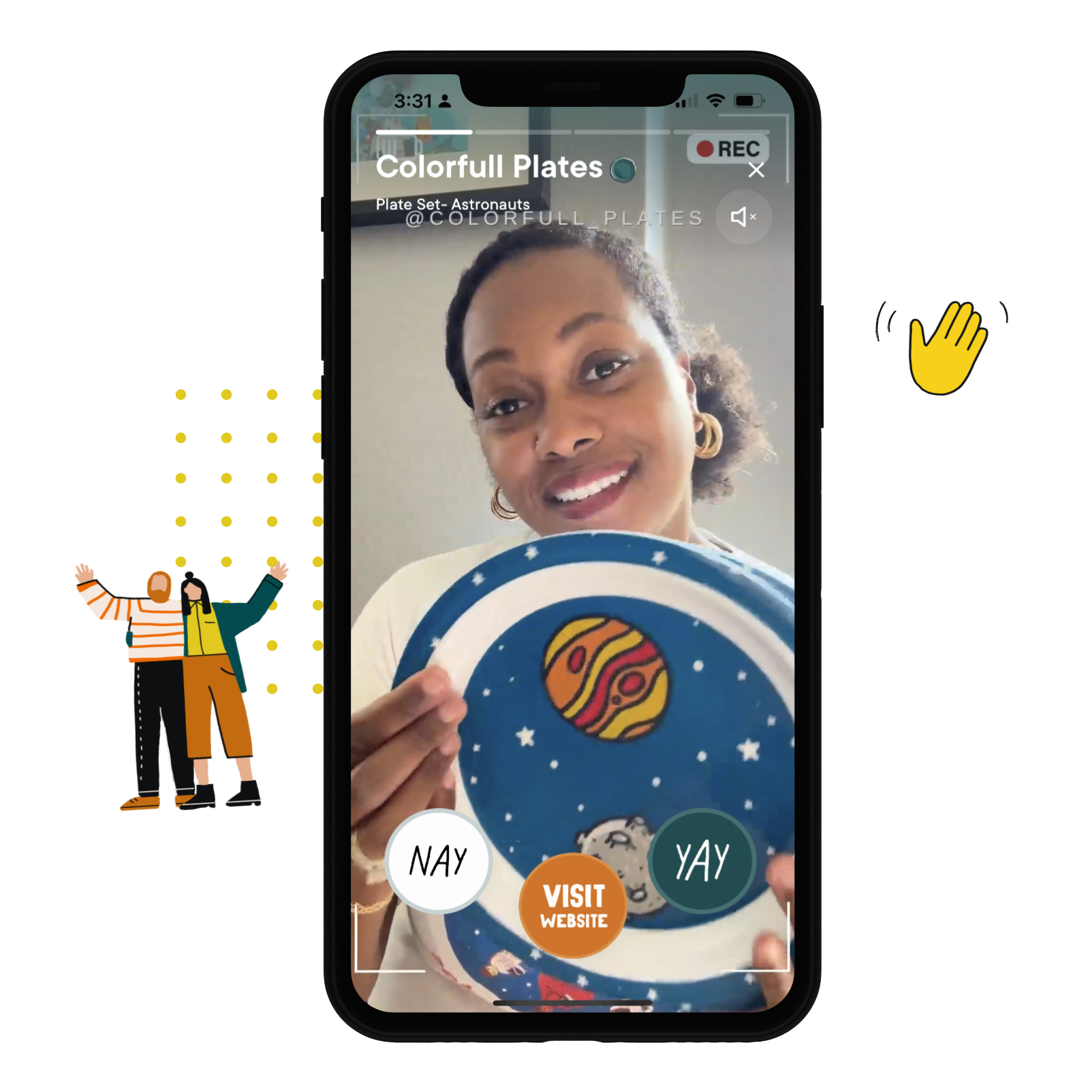Today’s digital landscape often sees marketing as an unwelcome guest – an interruption that consumers consciously try to avoid, ignore, or, at its worst, block entirely. Advertisements fight for a slice of consumers’ attention, their time, their data, and, ultimately, their money. This constant assault begs the question: in our zeal to connect with consumers, have we lost touch with the core of what connection truly means?
✨ Cast your mind back to the days of traditional brick-and-mortar retail. Recall the joy of walking into a store, being greeted by a knowledgeable salesperson who recognized you and knew your preferences. Remember the delight of browsing through a collection of carefully curated products. This was more than a simple transaction; it was a shared experience, a relationship built on trust, on human interaction. A delightful dance of value exchange where the consumer felt known and valued, not as a number, but as an individual.

🛒 Then came the rise of e-commerce. Undoubtedly, it revolutionized shopping by offering convenience and infinite choice, but in this shift, did it sacrifice the human connection that made traditional retail personal and meaningful? E-commerce, for all its benefits, tends to be transactional, missing the relational aspects that formed the bedrock of brick-and-mortar retail.

When social media entered the scene, it seemed to promise a return to relational connection. Brands could communicate with their consumers, be more human, more approachable. Yet, this promise was short-lived. 🤪 With algorithms dictating reach and engagement, social media morphed into an attention-seeking game. Brands were pushed to post more, do more, and be more visible, diluting the once-anticipated human connection into a pursuit of vanity metrics and fleeting digital noise.
In the midst of this digital whirlwind, marketers appear to be caught in a monologue, broadcasting messages, showcasing products, and driving sales. This narrative, however, overlooks a crucial aspect – the consumer’s perspective. The relentless push to sell can make consumers feel targeted, rather than valued, thus necessitating a shift in the marketing discourse.
🚨 Let’s take a step back and reassess
In our digital obsession, have we as marketers overlooked the essence of marketing – the authentic exchange of value between consumers and brands? The current marketing ethos places undue pressure on brands, especially small and emerging ones, to be omnipresent across platforms. Yet, is this what we want for the innovators and creators who bring their unique solutions to our world? Would we not rather have them focus on their passion, the creation and refinement of their product, rather than navigating the exhausting labyrinth of social media?
💡 Here’s a radical proposition
What if marketing was not about extracting value from consumers, but about delivering it? What if, rather than scrambling for their attention, we provided them something meaningful from the outset? Something more than just a product or a service.
Some might argue that smaller businesses can’t afford to offer value upfront in the same way as big brands can. But here’s an eye-opening fact: almost all brands offer retailers a margin of up to 50%. That’s value that could have gone directly to the consumers. In this light, isn’t it clear that value-led marketing isn’t a matter of affordability, but a matter of choice and perspective?
👂 In our daily interactions with brands, we at Tailorie hear the same refrain echoing – exhaustion with the relentless demand to stay relevant and visible on social media. We empathize with this sentiment, leading us to propose a shift in paradigm – the concept of value-led marketing.
Value-led marketing, pioneered by Tailorie, is about offering value right from the start. Rather than persuading consumers why they should desire a product or service, we begin by offering value, and not just the inherent value of the product or service, but also additional value—an introductory incentive, a gift, an experience. All we ask for in return is their consideration.
What we’re advocating is marketing that prioritizes relationship building before a transaction. A relationship based on mutual respect, understanding, and most importantly, value, where both parties—the consumer and the brand—stand to gain.
This proposition represents more than an evolution; it’s a revolution—a call for marketers to rethink their strategies and redirect their focus onto the consumer. To transition from extraction to provision, from noise to dialogue, from intrusion to invitation. The challenge is not merely to embrace this shift but to dare to lead it. The question isn’t whether brands can afford to adapt to value-led marketing. The question is, can they afford not to?

The challenge is significant, but isn’t it time we began this journey? A journey through the uncharted terrain of value-led marketing. After all, isn’t challenging the status quo the essence of true disruption?
We invite you to join us in this revolutionary journey, as we take on the challenge to shift the value paradigm in marketing. At Tailorie, we believe in putting the consumer at the center of the process. That’s why our platform operates differently — devoid of the usual distractions of traditional advertising. Brands don’t compete for consumer attention through flashy ads or bidding wars.
Instead, Tailorie functions akin to a matchmaking service, fostering meaningful connections between brands and consumers. Think of it as a dating app for marketing: brands and consumers express their identity, preferences, and values to us, and we use this rich data to determine the best match. We then introduce consumers to the brands that align best with them, the ones that can truly enhance their lives, rather than merely those who can afford to reach them.
Our bet is on consumers, on brands, and ultimately, on a future where marketing delivers more value for all. Let’s change the narrative together, because disruption, real disruption, begins with challenging, and ultimately changing, the way we do things.






